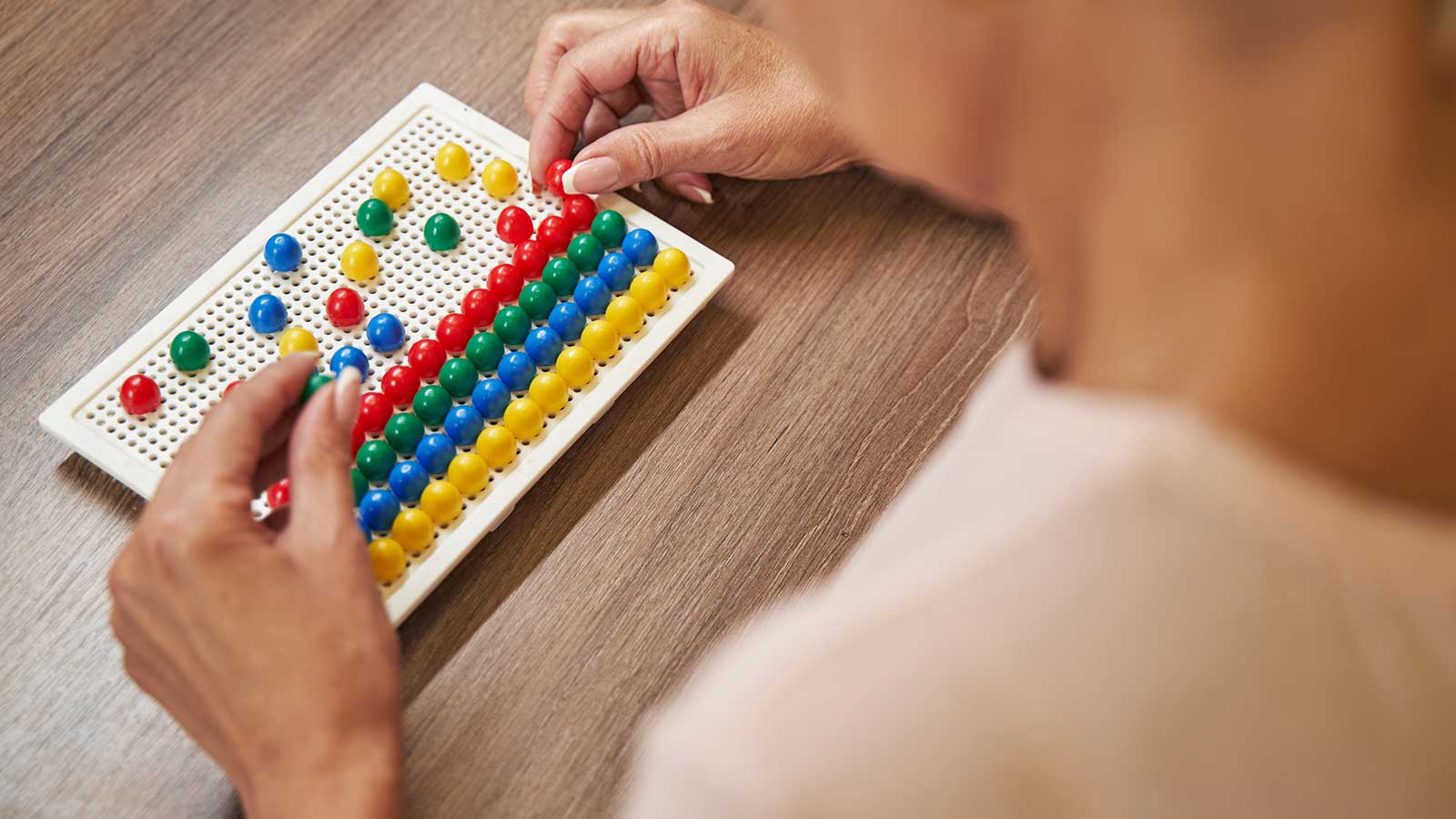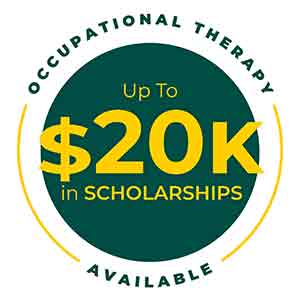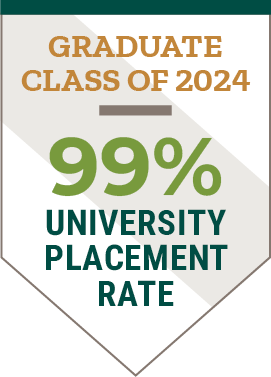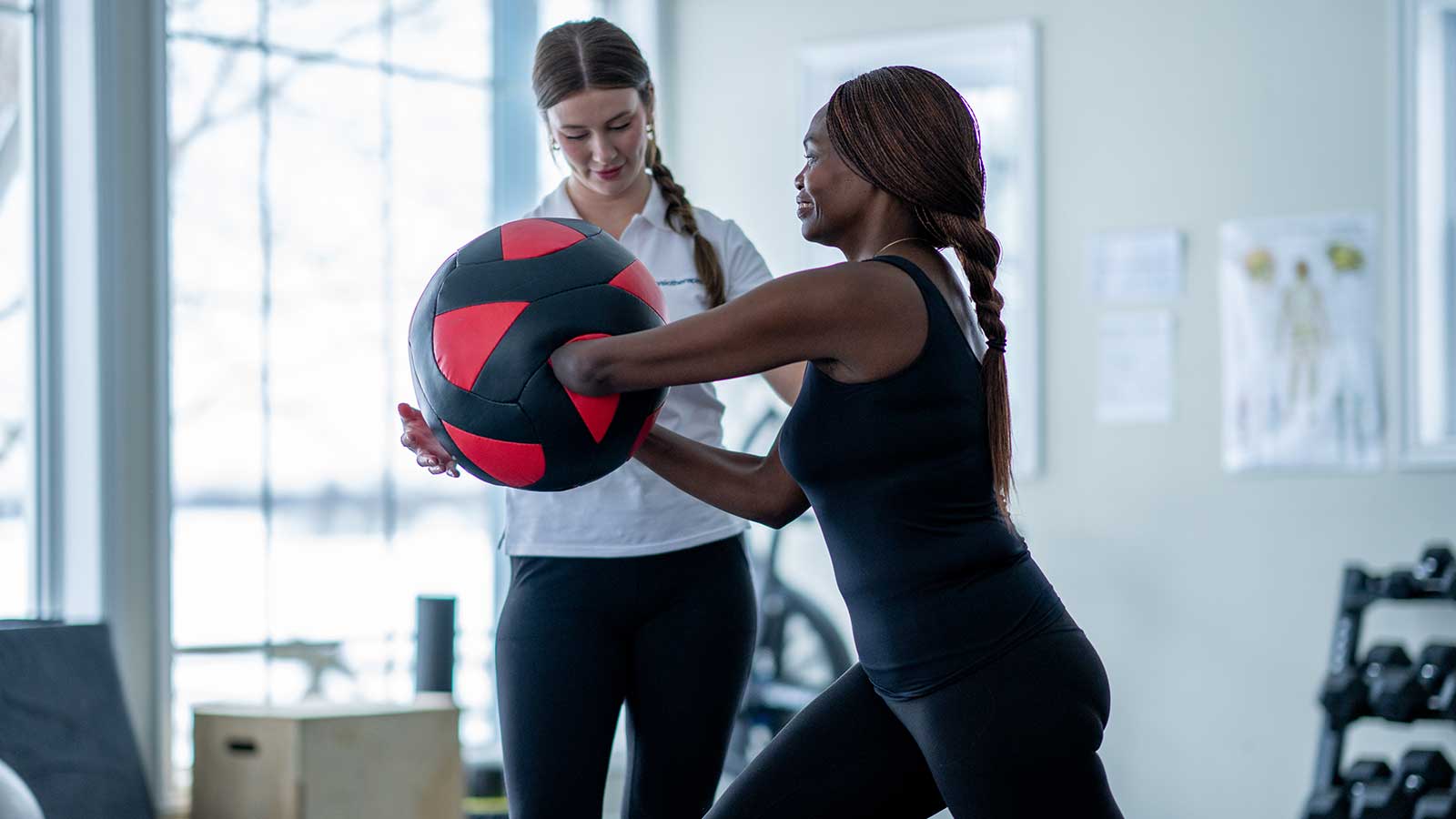Promote Health and Well-Being Through Science
The Master of Science in Occupational Therapy program at Clarkson University is committed to:
- Developing professionals with deep cultural sensitivity and innovative problem-solving skills who will respond to current and emerging societal needs and improve the health and well-being of diverse individuals, groups and populations.
- Expanding the knowledge base of the profession through interprofessional scholarship and practice.
- Serving the unique needs of rural and underserved communities.
A master's degree in occupational therapy is the entry point for a high-demand career with projected job growth over the next decade and beyond.
Why Earn an MS in Occupational Therapy From Clarkson?
Clarkson's MS in Occupational Therapy offers a strong foundation in technology and innovation, professional reasoning and hands-on clinical skills. In just 6 semesters, you will:
- Learn from faculty with well-rounded clinical expertise and contemporary practice experience working with children, adults and geriatric populations.
- Receive an elevated educational experience through simulated patient interactions and co-curriculars that include a variety of community activities designed to further prepare you to engineer solutions that enable health and well-being throughout an individual’s lifespan.
- Apply your clinical skills in state-of-the-art simulation labs and classrooms designed to give you real-world practice in safe learning environments.
- Utilize technology. Clarkson is world renowned for our contributions to STEM fields. Clarkson OT is no exception, with opportunities to interact with assistive technology throughout the curriculum. CUOT houses the Assistive Technology Resource and Education Center (ATREC), which contains over 400 pieces of low- and high-tech equipment.
In addition to having top-notch clinical skills, our students are exceptionally well prepared to pass the National Certification Examination for the Occupational Therapist administered by the National Board for Certification in Occupational Therapy (NBCOT).
Clarkson's Master of Science in Occupational Therapy program is accredited by the Accreditation Council for Occupational Therapy Education (ACOTE) of the American Occupational Therapy Association.
What You'll Learn
A Clarkson education prepares each student for today’s world and tomorrow’s challenges. Our MS in Occupational Therapy curriculum provides a sequential progression and follows a cohort model, in which students move through the curriculum together.
The first semester provides a strong foundation in the basic sciences and the framework that guide the domain and process of occupational therapy practice.
Subsequent semesters provide the basis for occupational therapy evaluation and intervention, as students concurrently interact with more advanced content related to the leadership and management of occupational therapy services, evidence-based practice and professionalism.
Hands-on skills are taught through a series of experiential learning courses designed to provide opportunities to demonstrate competency and clinical reasoning across practice settings and with diverse individuals, groups and populations.
Practicum exams and competency checks are used to ensure safe practice and to identify any areas requiring remediation.
The MS in Occupational Therapy consists of 92 credit hours and is typically completed in 24 months.






